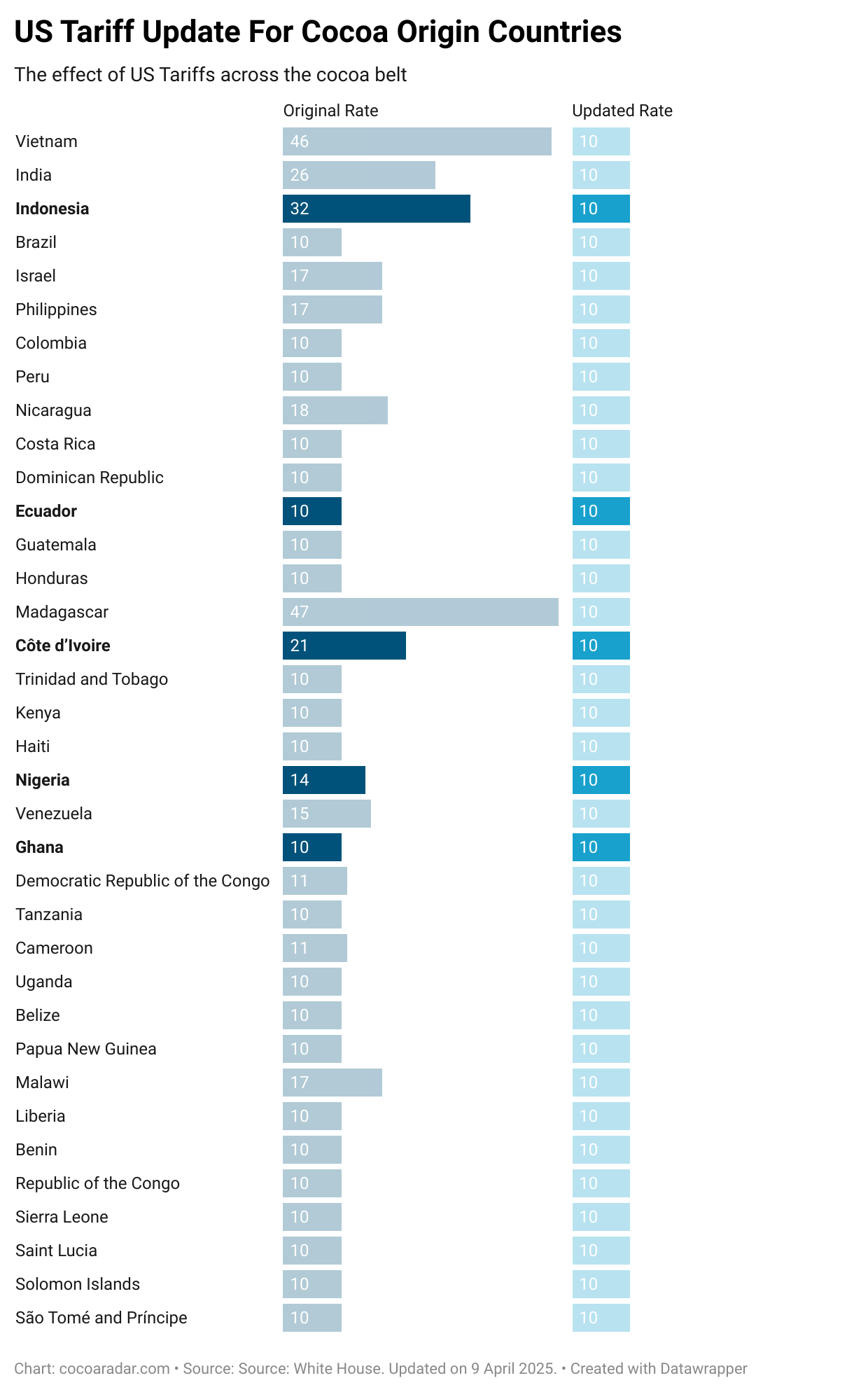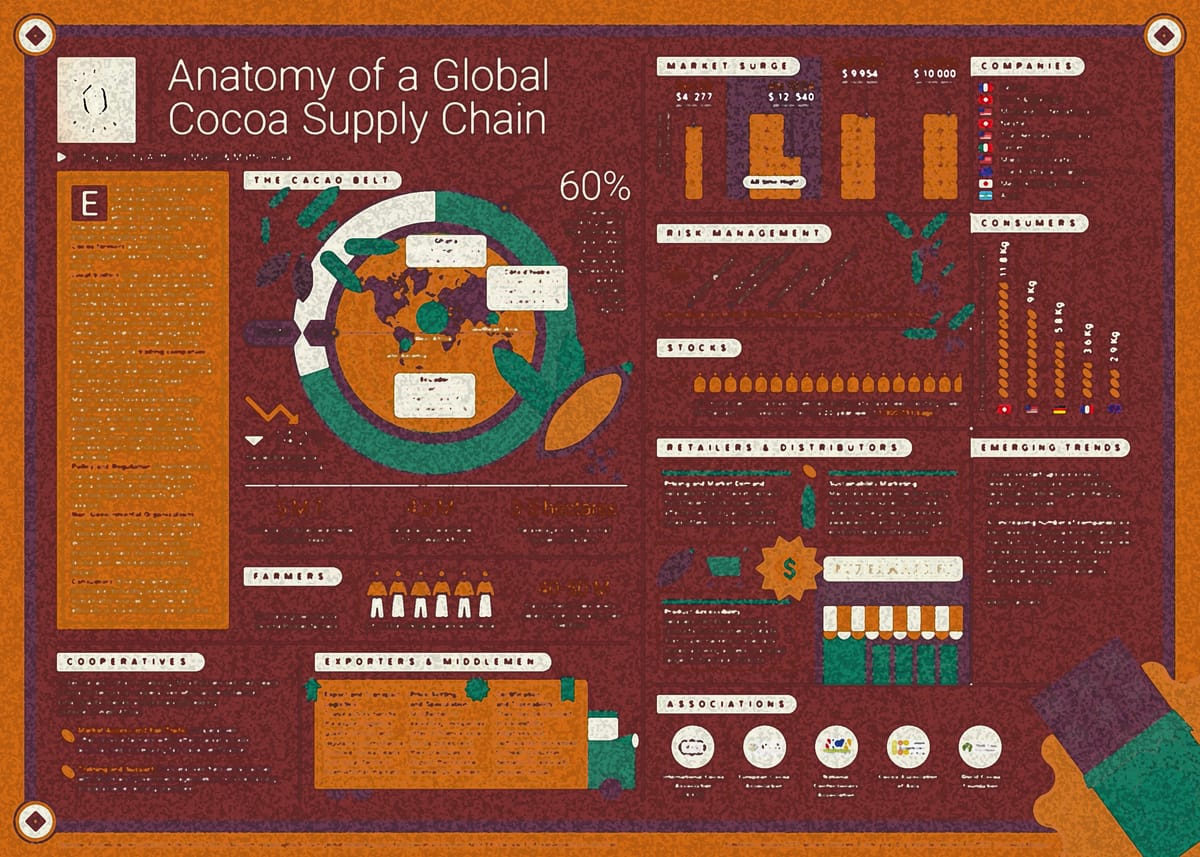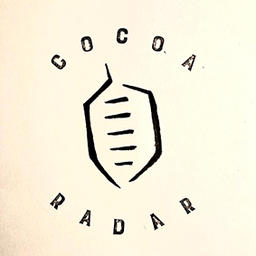cocoaradar.com believes that any proposed US tariffs on cocoa-growing countries could have economic, social, and political consequences. Even a 10% tariff remains a significant cost to bear for nations exporting to the US - especially already struggling cocoa-growing nations.
Côte d'Ivoire, the world's largest cocoa producer, has issued a statement through its agriculture ministry that it may take measures to increase the price of its cocoa if the proposed US tariffs come into effect.
It was facing a whopping tariff of 21%, the highest in West Africa, before President Trump announced the 90-day pause earlier this month.

Here's a breakdown of the potential impacts
1. Economic Consequences for Cocoa-Growing Countries
Export Revenue Decline: Tariffs could make cocoa exports less competitive in the US market, reducing demand and lower revenues for countries like Cote d'Ivoire, Ghana, Nigeria, and Cameroon.
Price Pressure on Farmers: As exporters seek to absorb some of the tariff costs, smallholder farmers may receive lower prices for their cocoa, exacerbating poverty in rural areas.
Currency and Inflation Issues: A drop in export earnings could weaken local currencies and worsen inflation, especially in economies heavily reliant on cocoa.
For the US and Global Market
Higher Chocolate Prices: US companies would face increased input costs, likely passing them on to consumers. This could affect everything from chocolate bars to baked goods.
Supply Chain Disruptions: US confectionery and food producers may need to diversify sourcing or invest in alternative supply chains, increasing complexity and costs.
2. Social and Labour Implications
Worsening Labour Conditions: Lower incomes for farmers might lead to increased child labour or poor labor practices as families struggle to survive.
Food Insecurity: With cocoa revenues dropping, farming families might struggle more to afford basic food, education, and healthcare.
Migration Pressure: Economic hardship in rural areas could push more people to migrate to urban centers or abroad, potentially contributing to regional instability.
3. Political and Diplomatic Ramifications
Strained Bilateral Relations: Targeted countries (like Madagascar and Vietnam, for example) may view the tariffs as punitive or protectionist, harming diplomatic ties.
Retaliation or Trade Diversion: Countries could look to strengthen ties with alternative partners like China or the EU, reducing US influence in West Africa.
Destabilization Risks: Cocoa revenue is critical for political stability in some countries; significant economic shocks could embolden insurgent groups or destabilize fragile governments.
4. Environmental Consequences
Deforestation Risk: In efforts to make up for lost revenue, farmers might expand cocoa cultivation into forested areas, worsening deforestation and biodiversity loss.
Reduced Investment in Sustainability: Tariffs could choke off funding for sustainable farming programs, undermining progress on ethical and eco-friendly production.
CocoaRadar Comment
Tariffs on cocoa-growing countries might help the US achieve short-term trade or political goals. Still, they could come with steep long-term costs—exacerbating poverty, increasing global chocolate prices, and damaging diplomatic relations. If the goal is to encourage reform (e.g., on labour or environmental issues), targeted support or incentives might be more effective than punitive tariffs.



